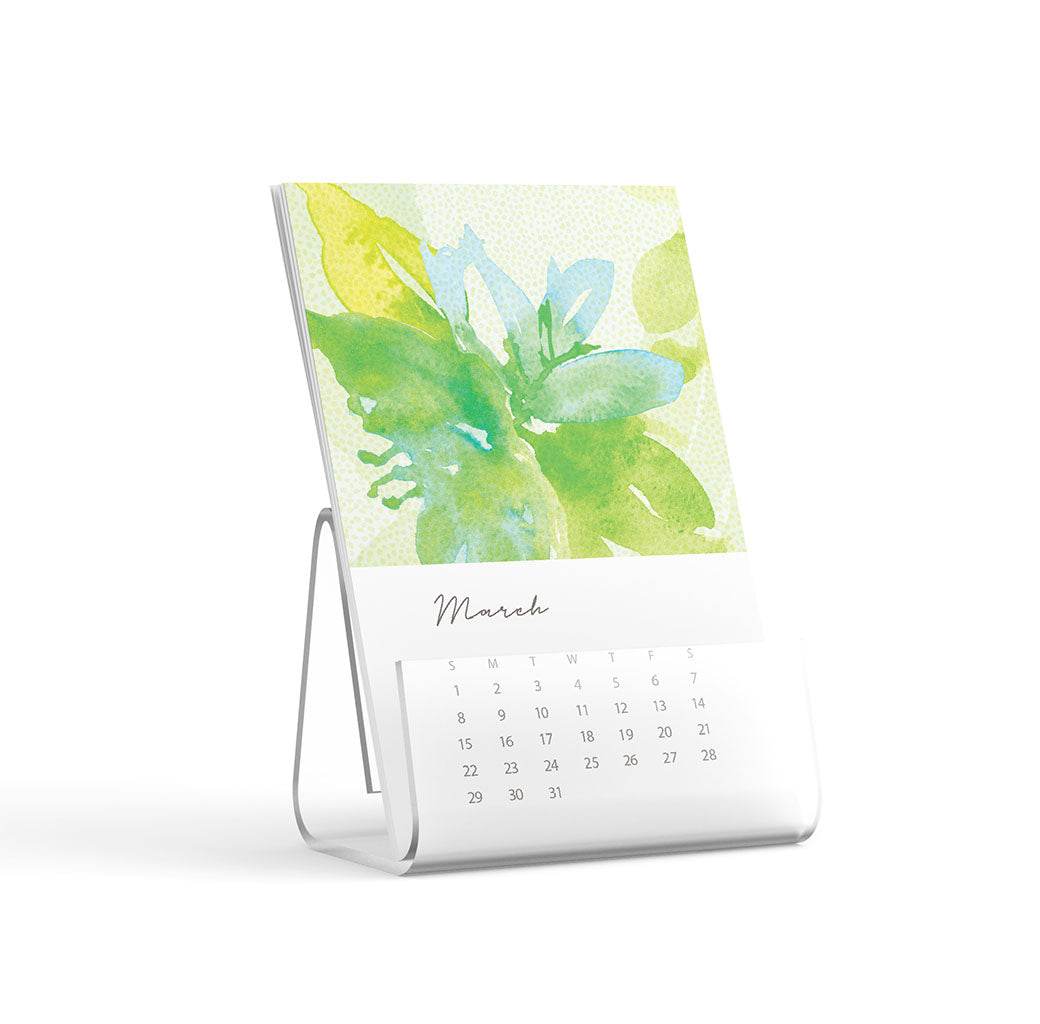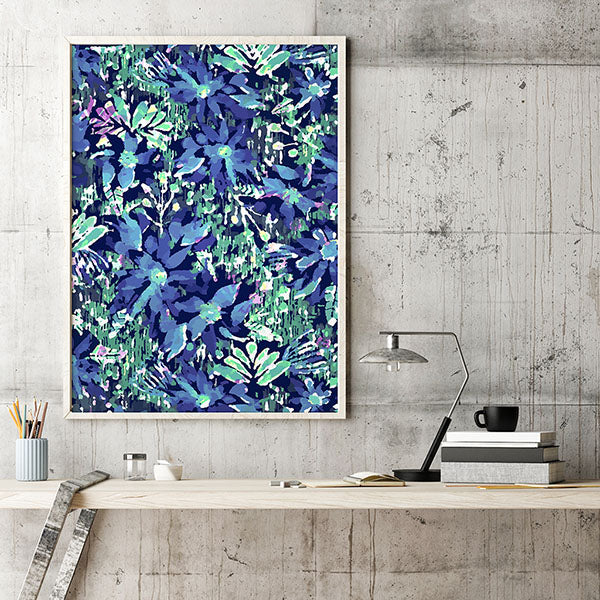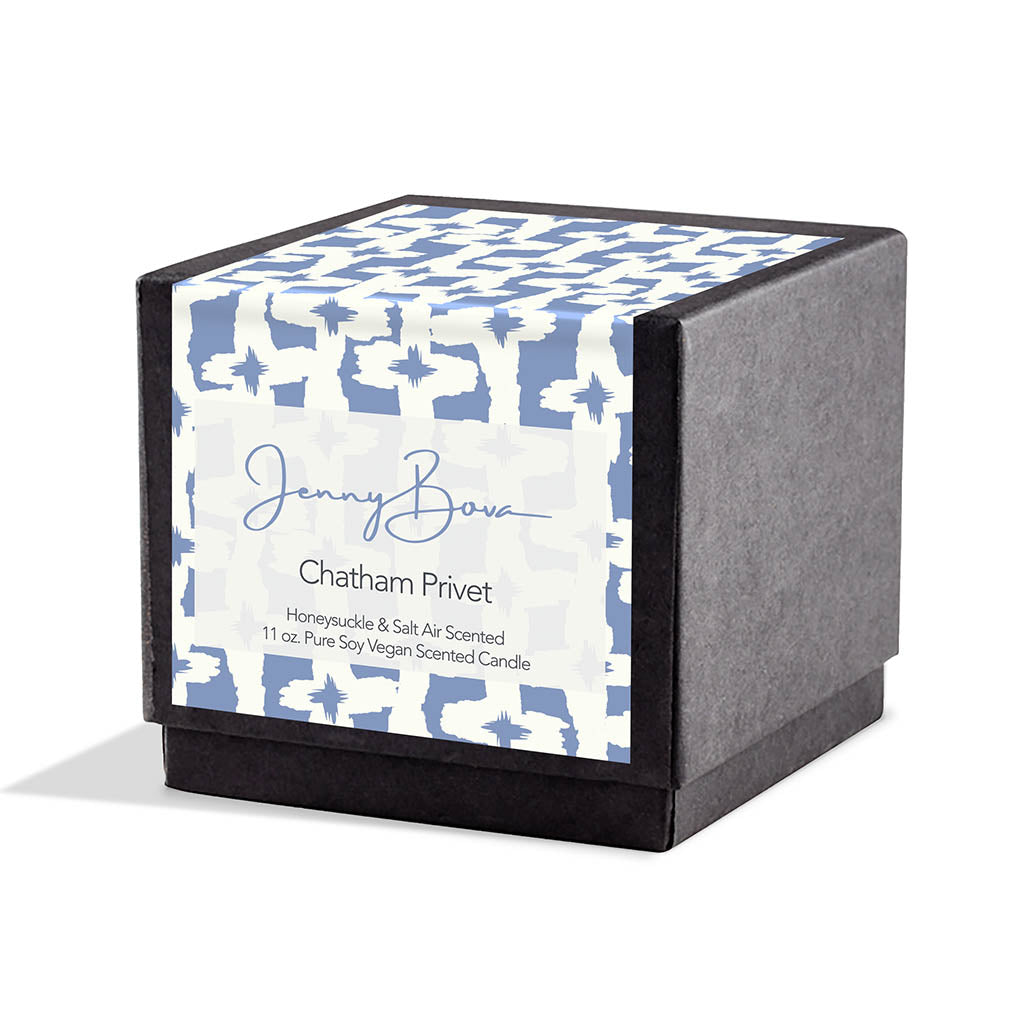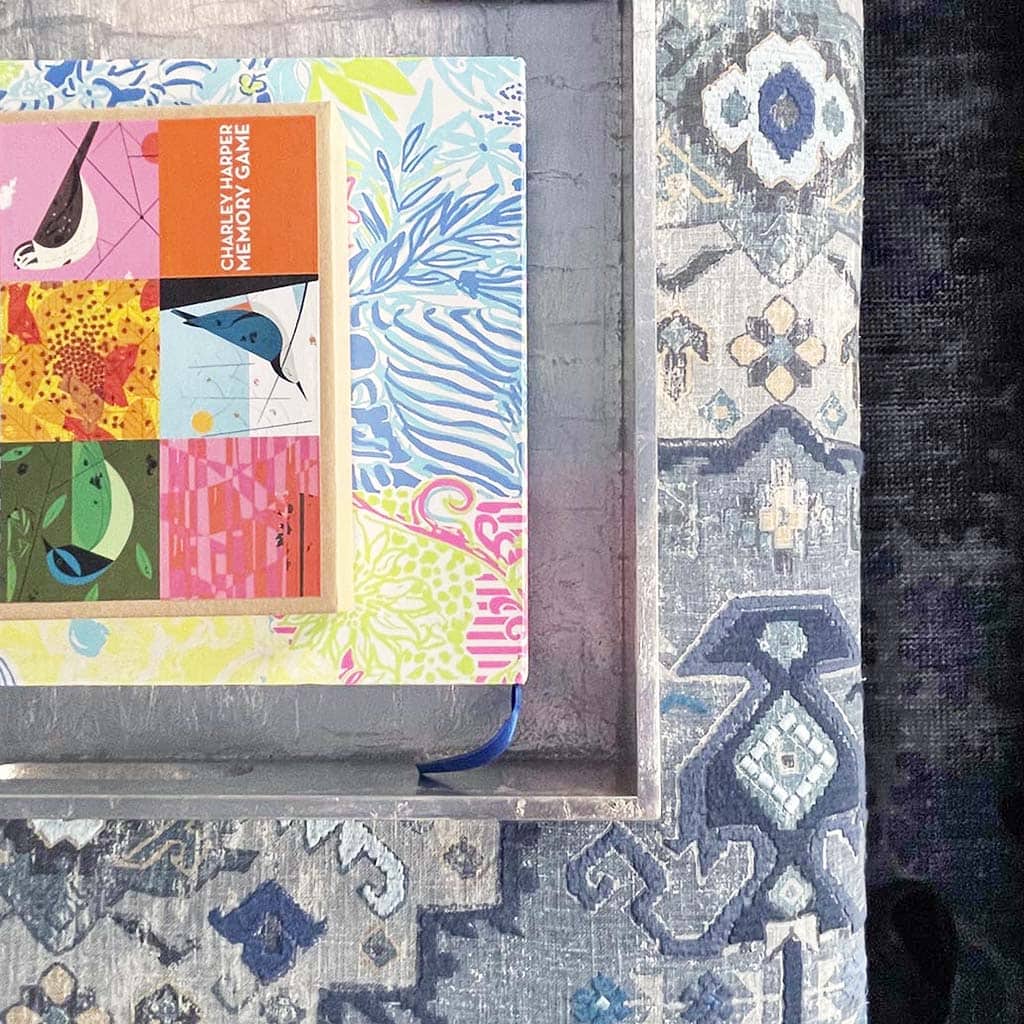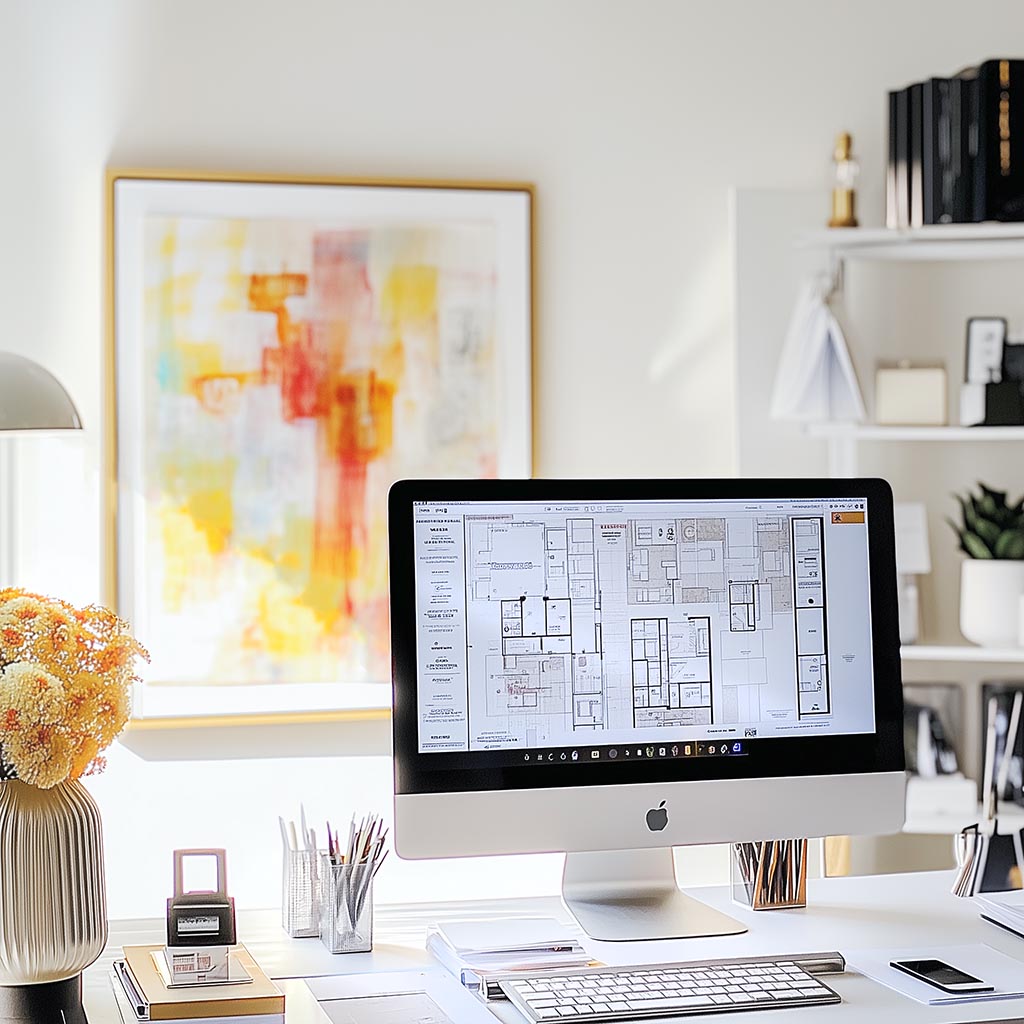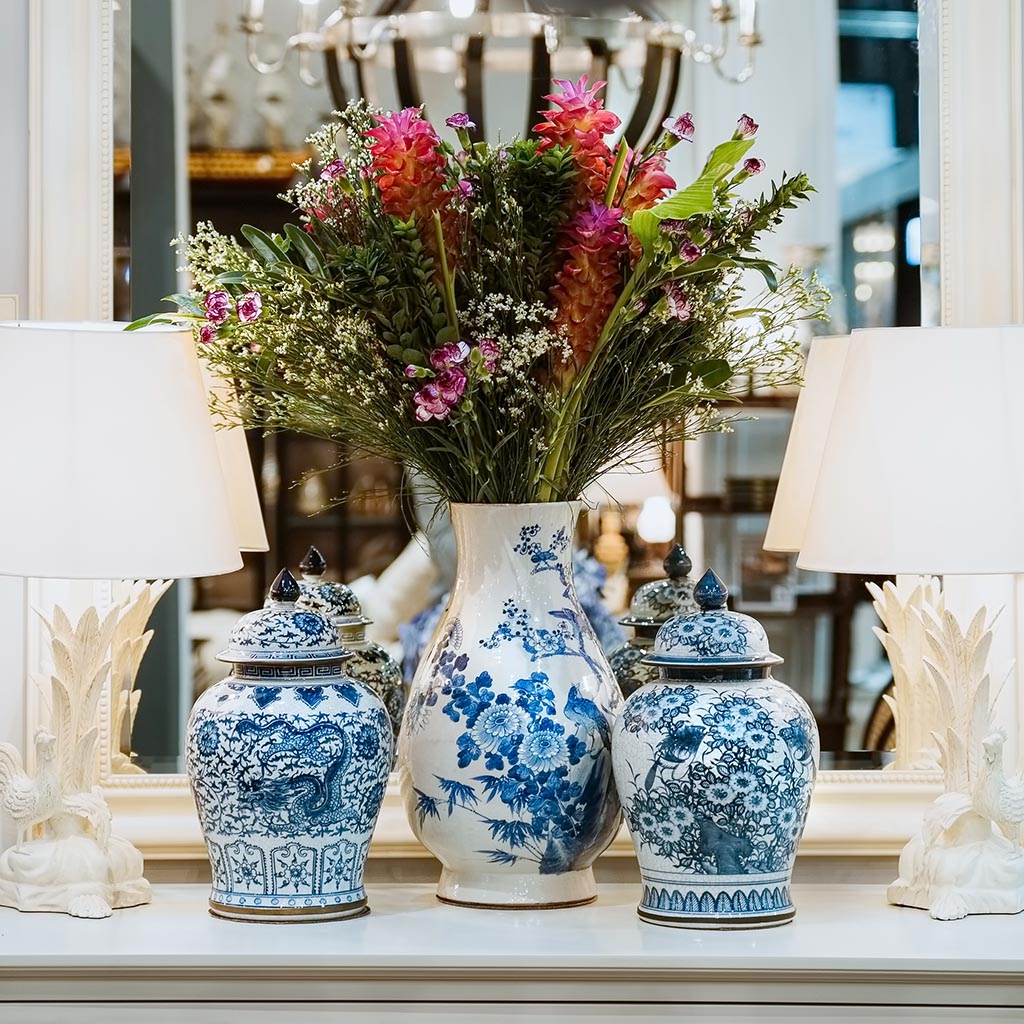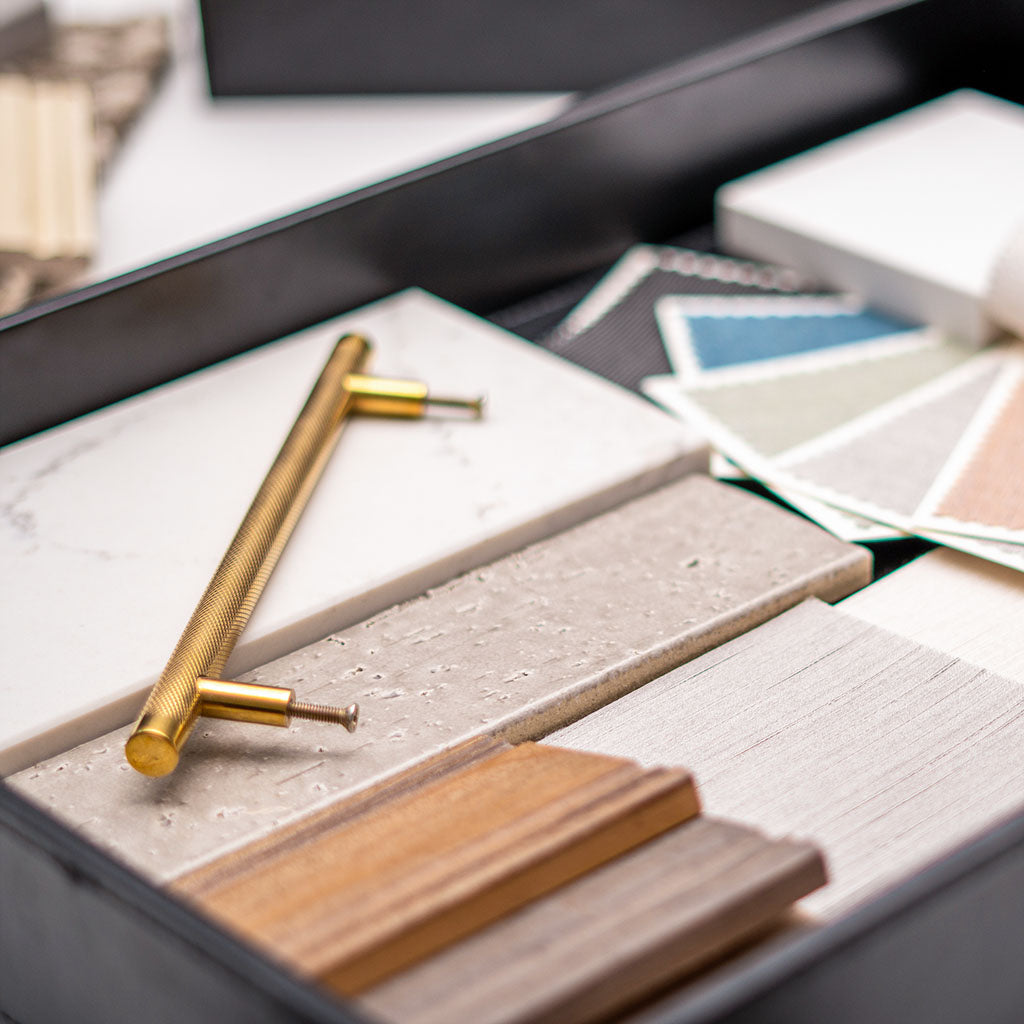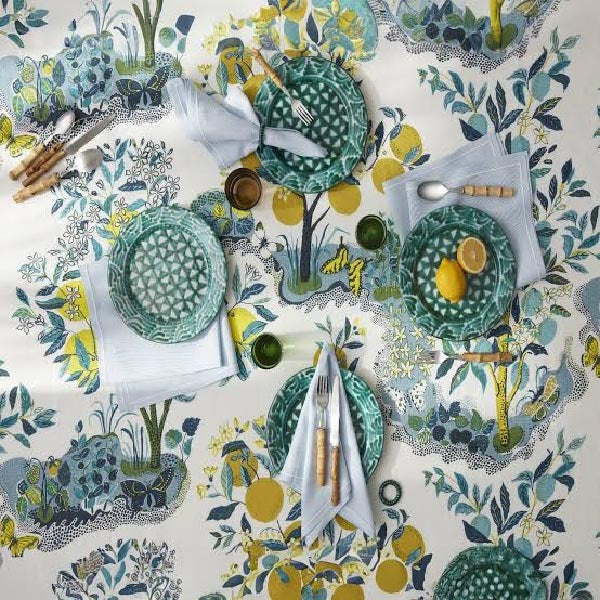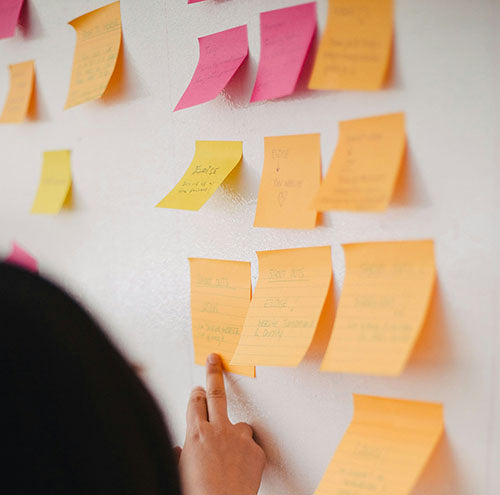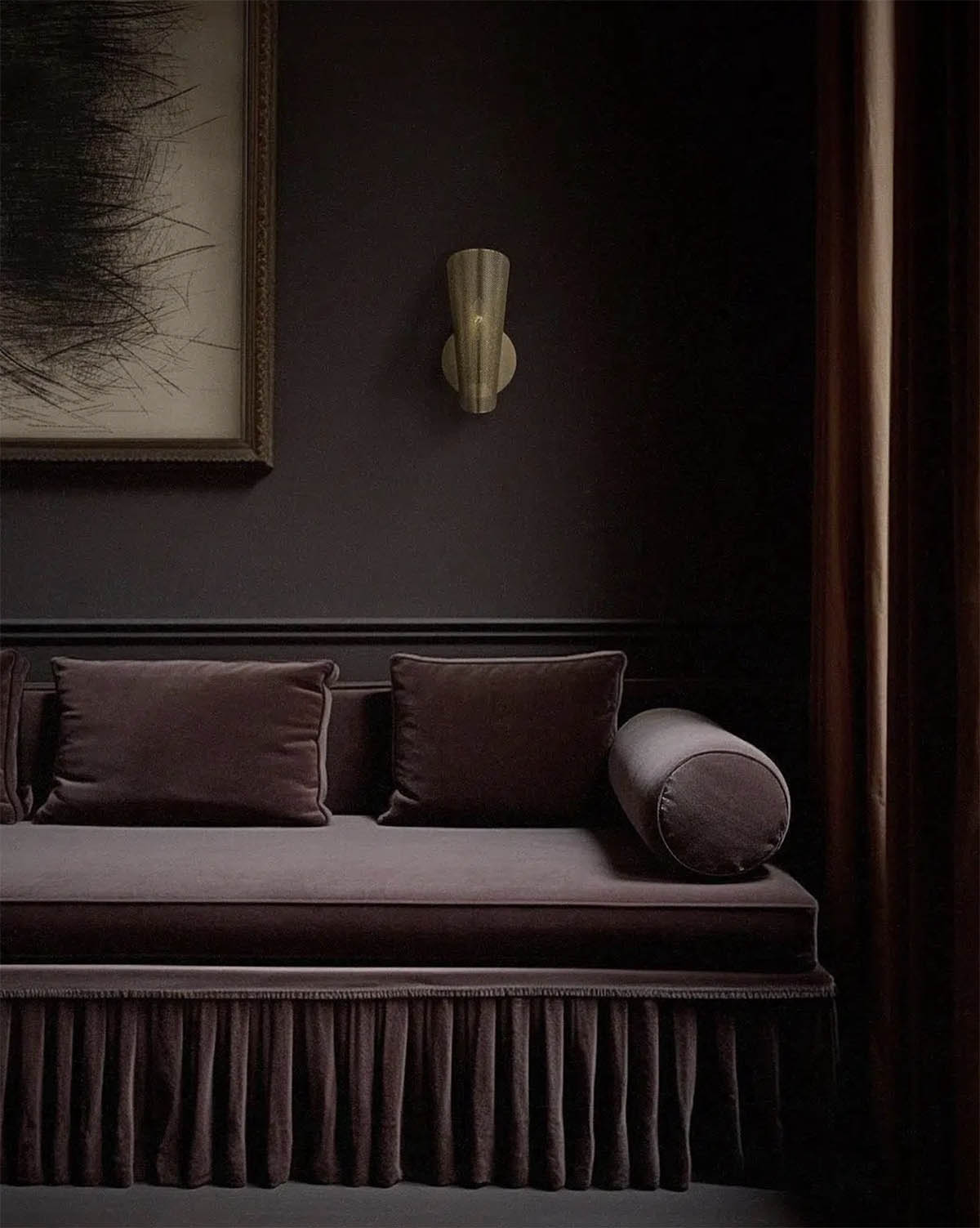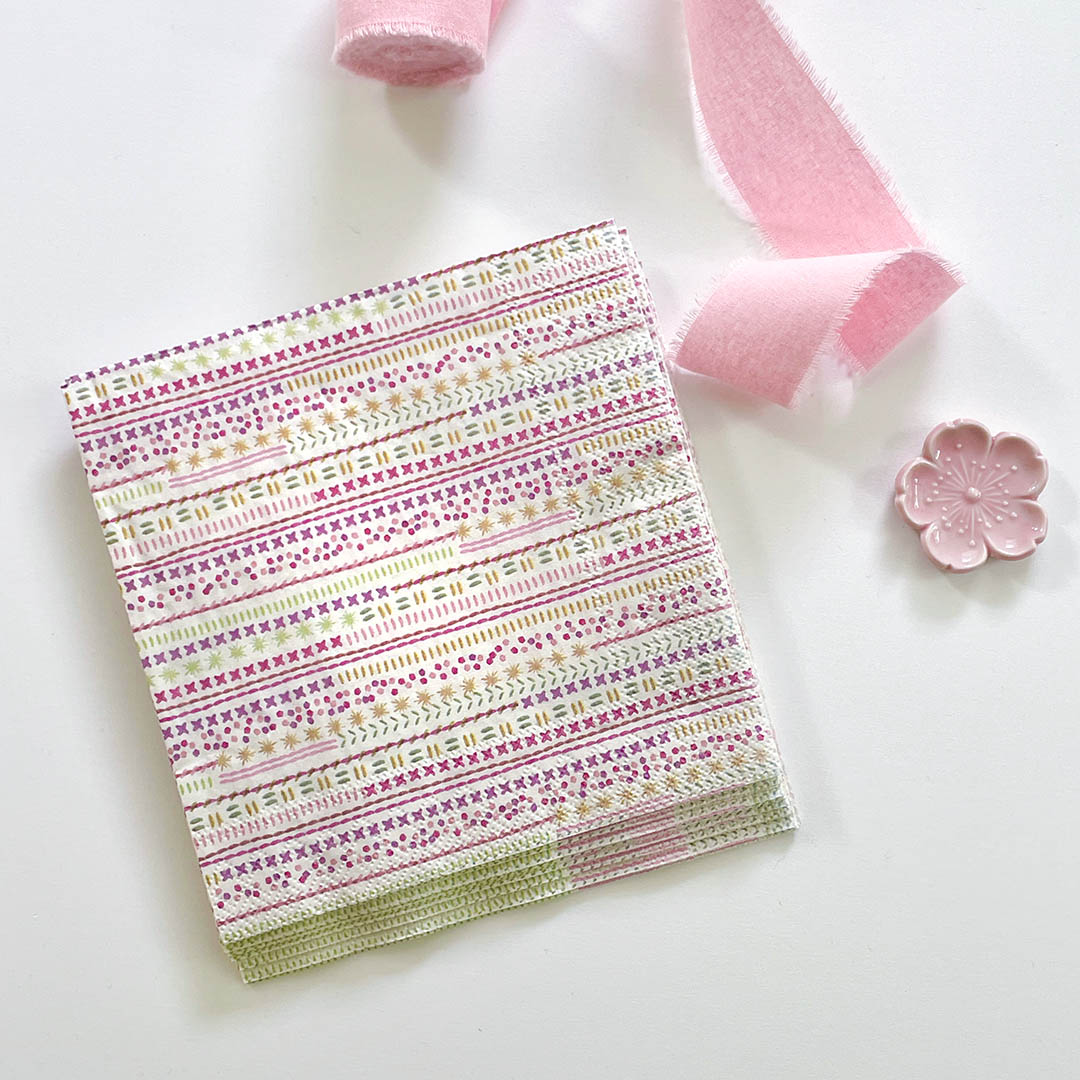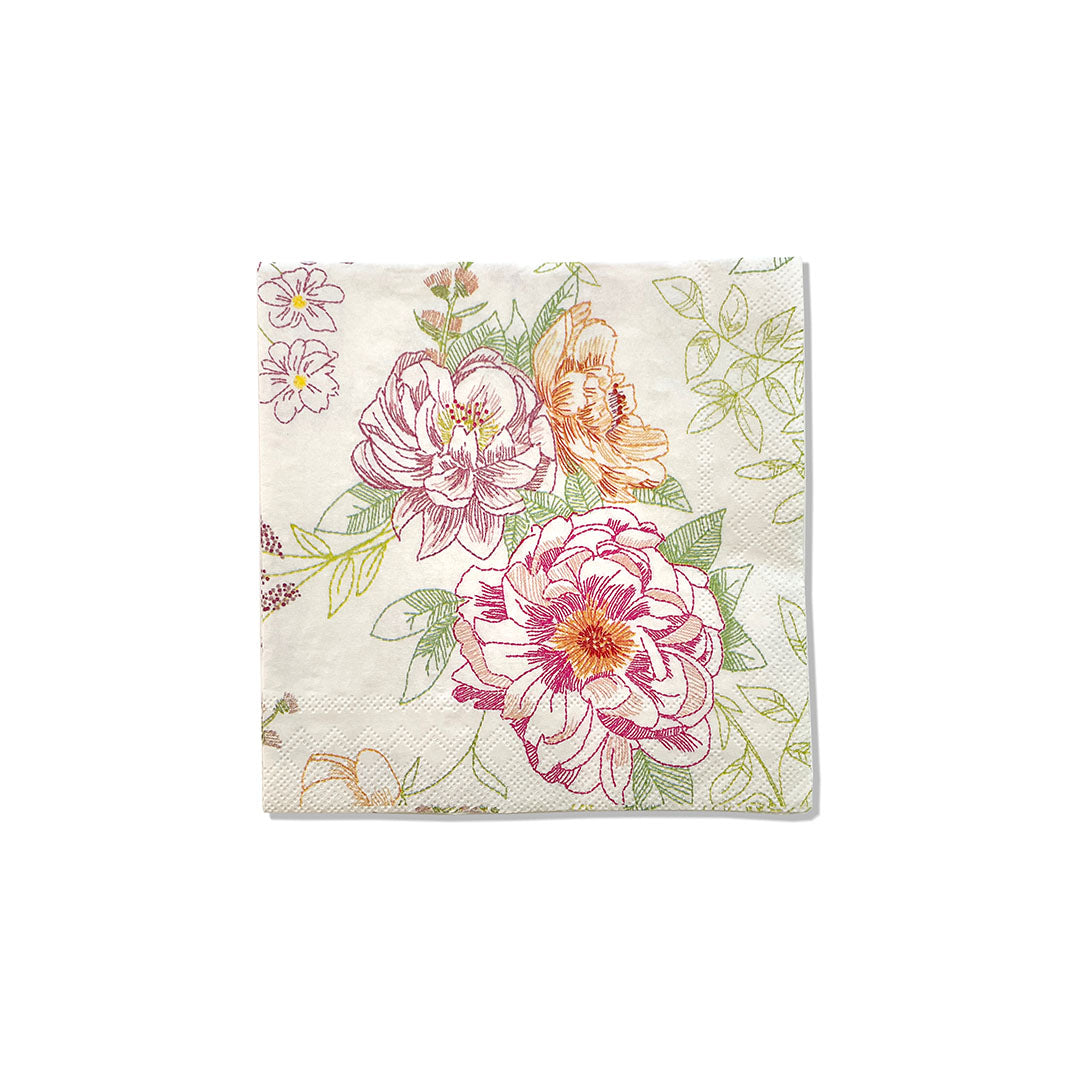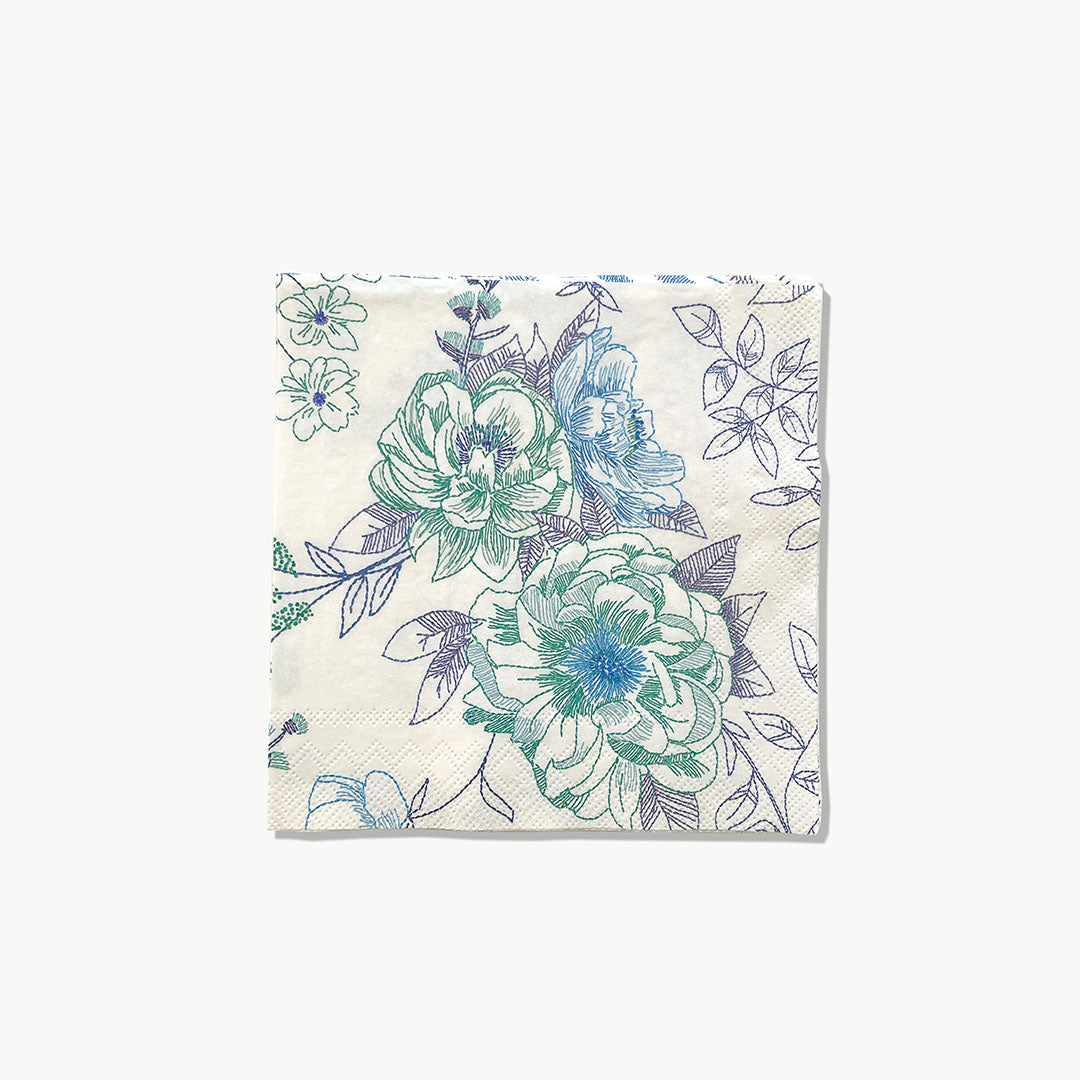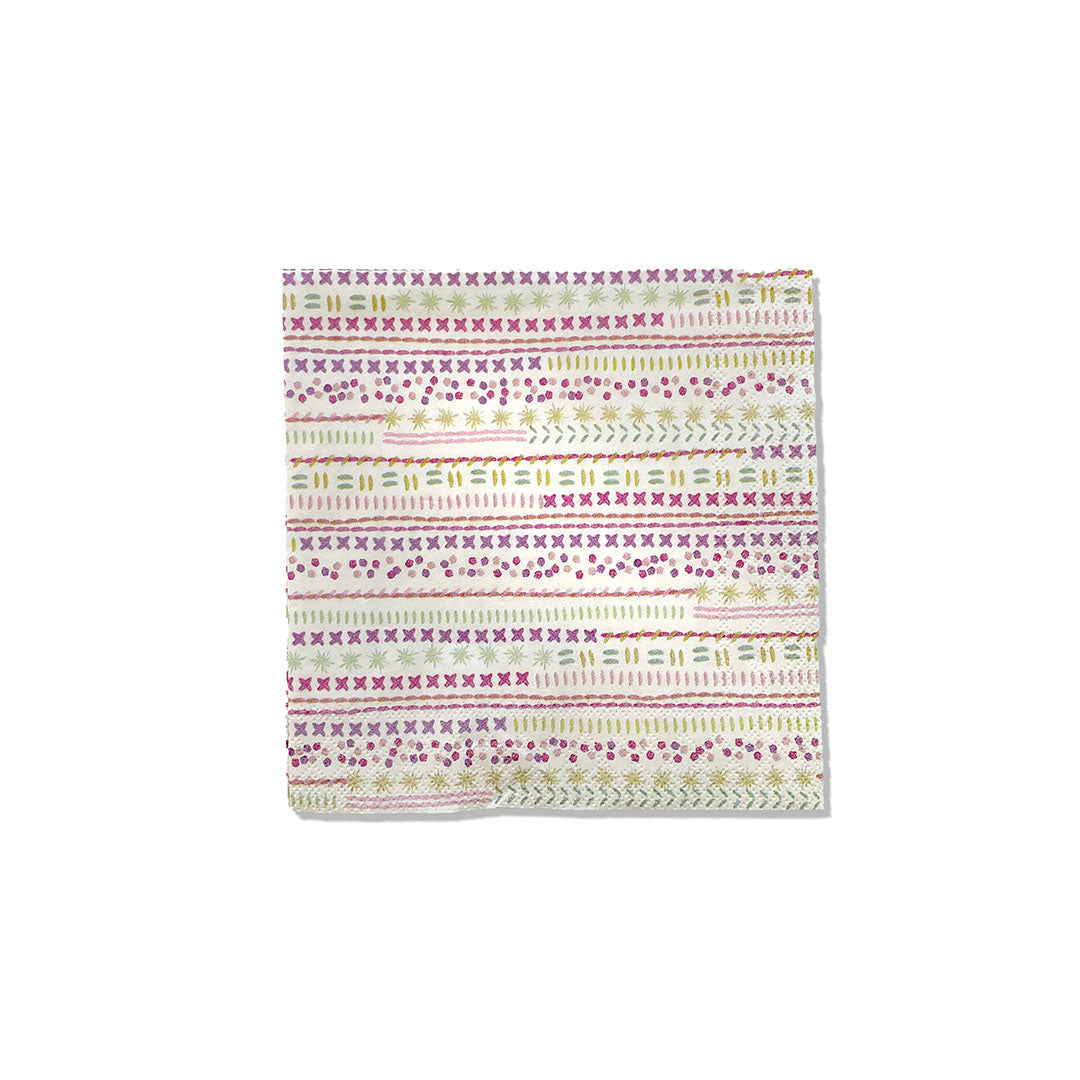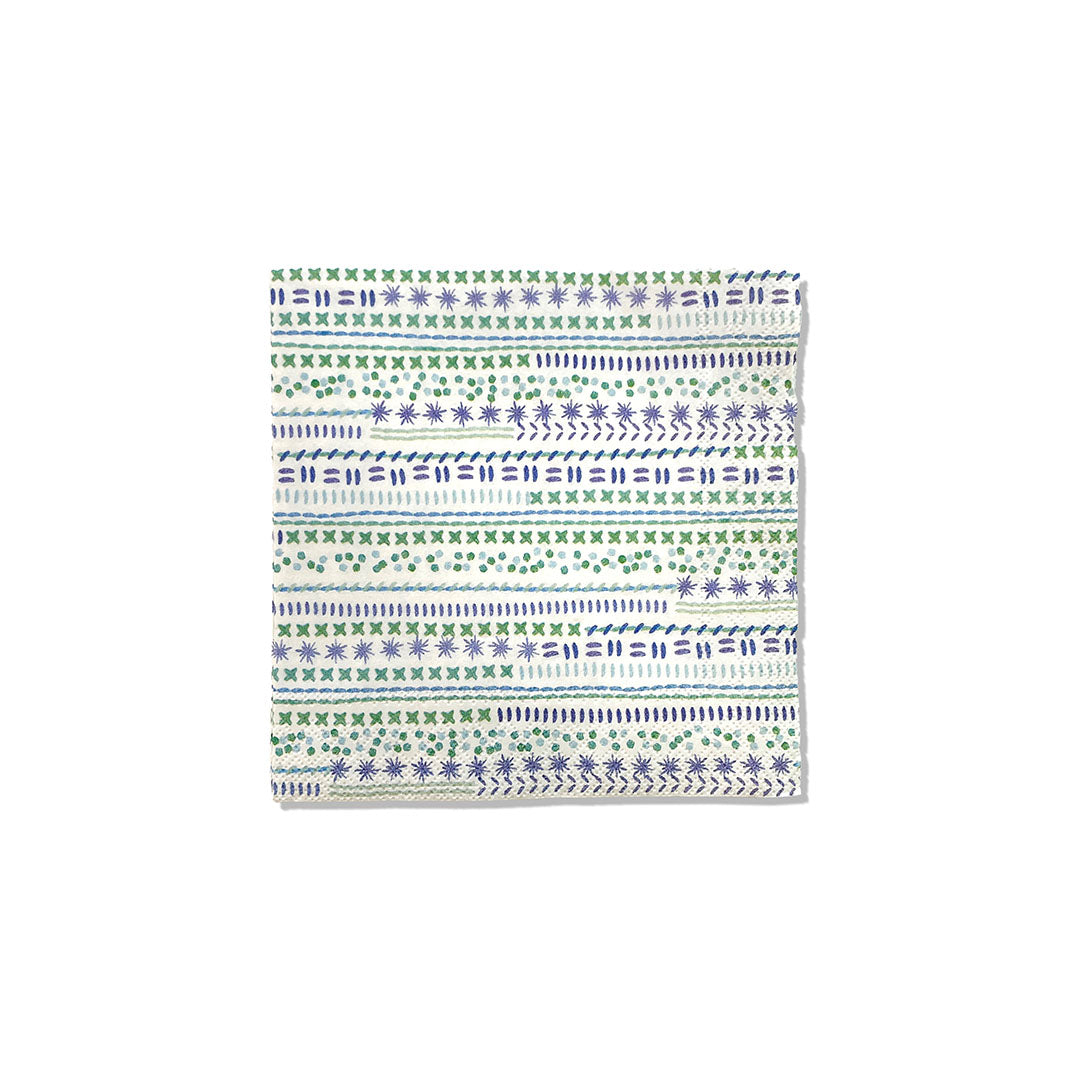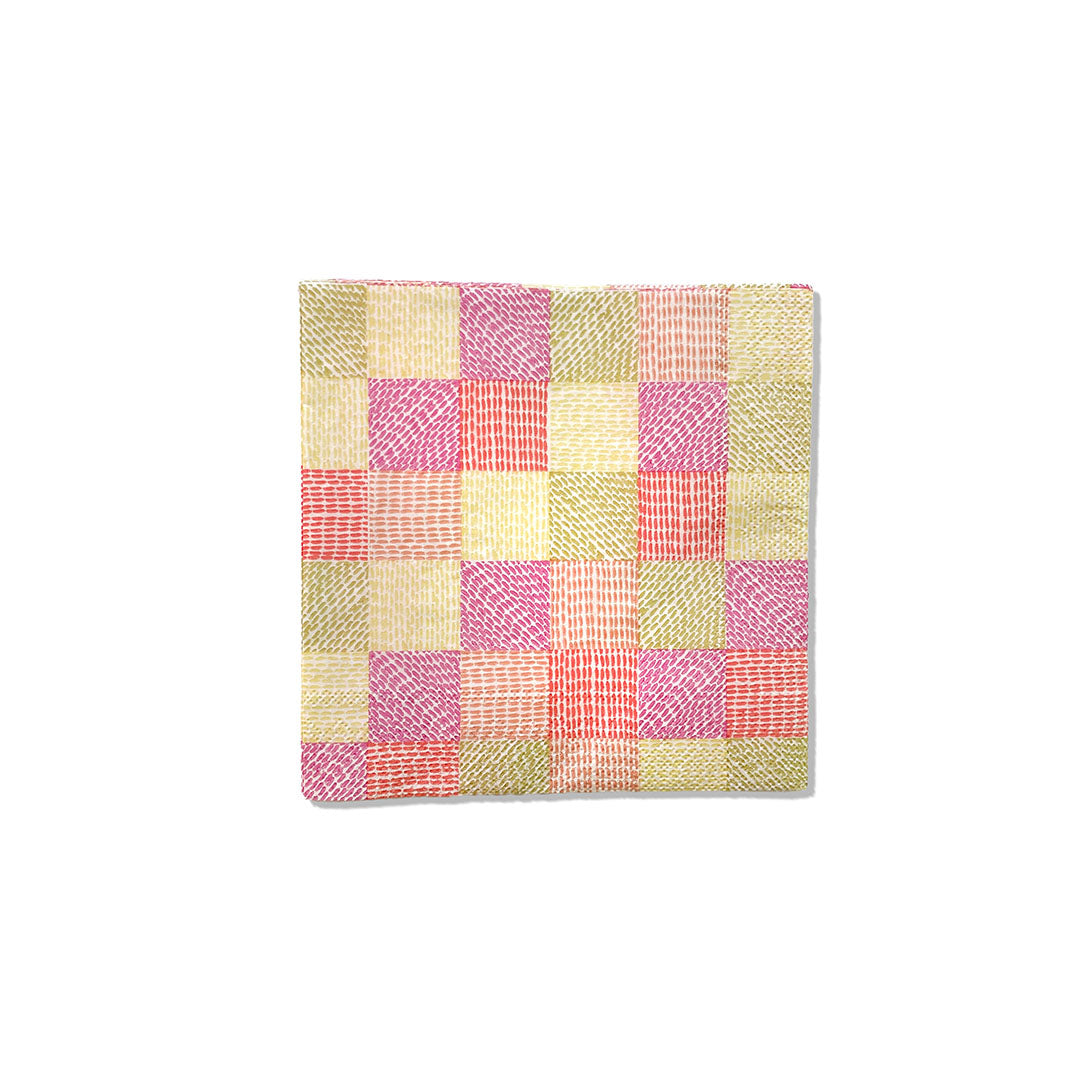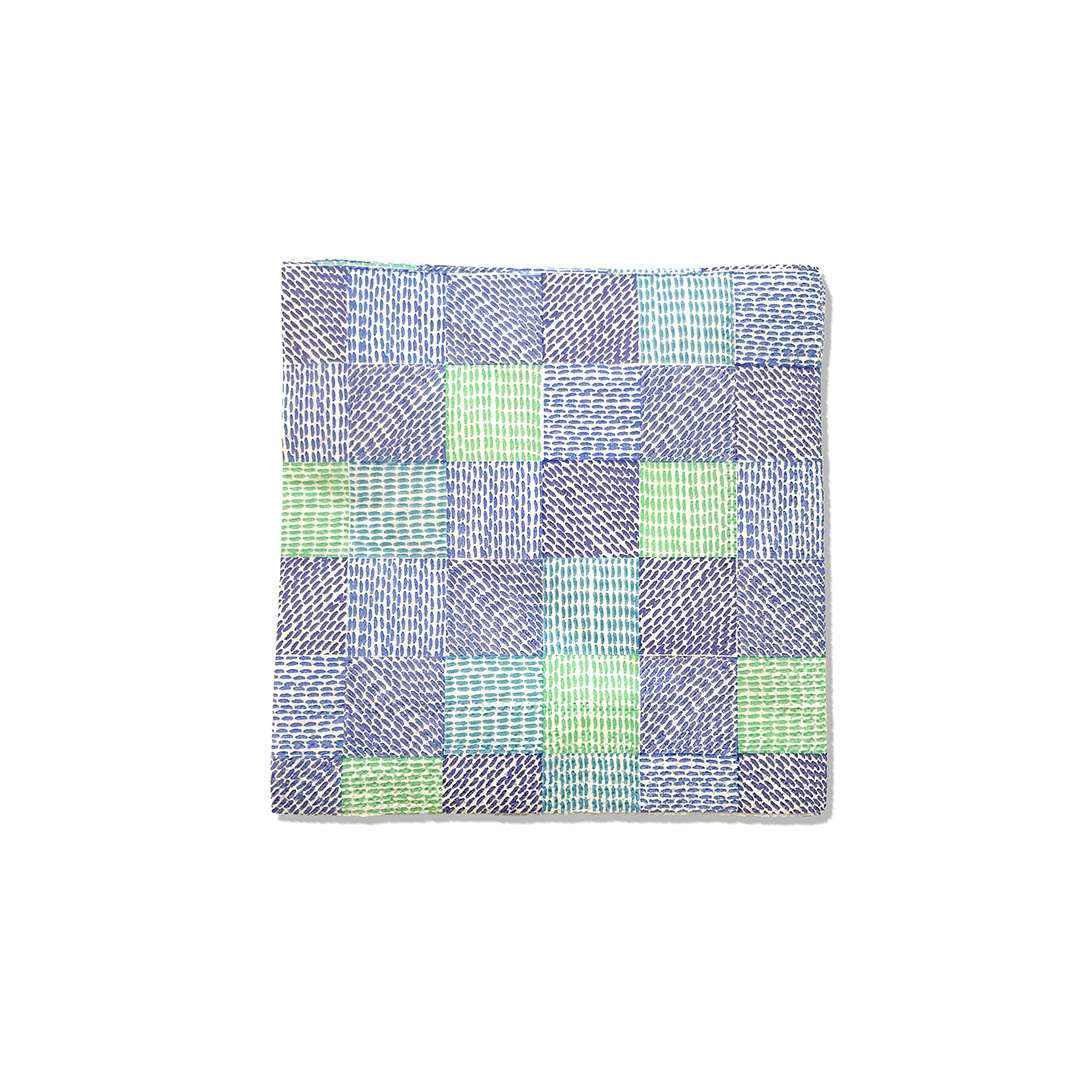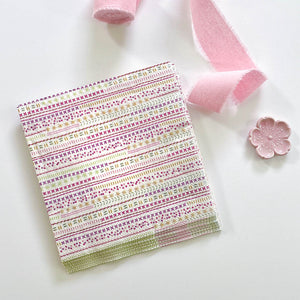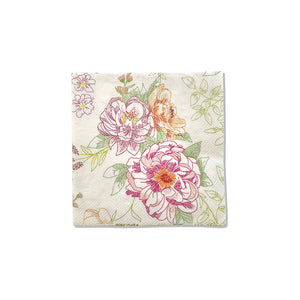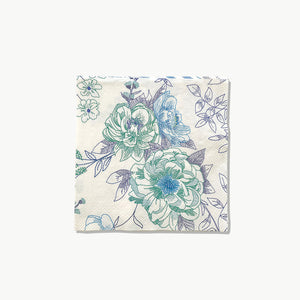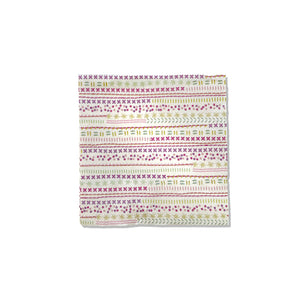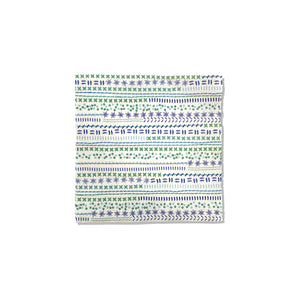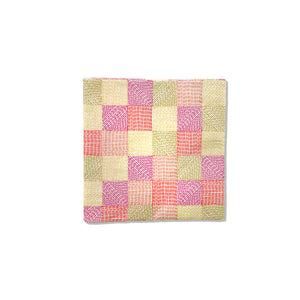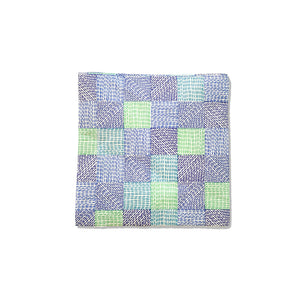Keeping the human touch in art & design
When we first moved into our renovated home, I purchased a giant abstract blue giclee because the walls were too bare. We didn't have a painting that matched the scale required for our staircase. Yes, I could find one, but I wasn't ready to part with the money so soon after a 2-year renovation. The giclee was fine and filled the space. However, whenever I walked by it and saw it close up, I wanted to gesso it and paint over it. I didn't like that it had no actual texture and that the image simulated texture. It felt all wrong. It filled the staircase and looked great from the entryway, but I never wanted anyone to get too close. I hope that is not the future of art because it is lifeless, regardless of how great the original might have been.

Having just explored the Open AI capabilities via this blog post, I am thinking carefully about the future of art and how AI will affect life as an artist. Right now, many artists I know are creating on the iPad. It's a speedy workflow with no messy paints or tricky mistakes to fix in photoshop. But I'm very old-world, and I think the iPad does have a "signature," which means it loses something unless it's done with a very deft hand. I don't find the iPad workflow much different than working on my Wacom tablet, except that I can draw digitally anywhere (car line!).
The traditionalist in me takes issue with working on the iPad for one primary reason: the ability to undo and correct on the spot. When I write, I turn off my Grammarly or any other spell correction app to get my thoughts on "paper." I lose my train of thought if I'm busy correcting myself and fixing my strange, natural punctuation tendencies. I forget what I wanted to say next because I have to go back and fix the placement of the period inside the quotation marks... or something similar. The blaring red underlines are distracting. Yes, I know I could rephrase a sentence, but now I have no idea why I wrote it in the first place or what I want to say next. The same phenomenon with the iPad. How can I keep the creative flow going if I can constantly edit? It's like shooting a film and editing it all at once. I'm sure people do it well, but not me.
I do use the iPad, but rarely to complete an entire design. I'll draw motifs and sketch ideas or do simple illustrations. We have had long conversations about iPad work in my print designers group. Everyone has different feelings about it. Most artists like to see more of the artist's hand in the work, which you tend to lose with vector and smoothing capabilities. Some print studios will not accept iPad work, and I can see why. Other successful artists have built their entire body of work on the iPad. It all depends upon the artist, their style, and the kind of work they create.
The AI Open Dall-E makes the iPad look like washing your clothes with a rock in the creek in the backyard. It takes words and creates a corresponding image. It takes the iPad and tosses it out the window. All you have to do is speak or type words. This means that the non-artist can suddenly make "creative" images and, in theory, develop a body of "work." It's not exactly work,now is it? Spooky on every level. Where is the human in all of this?
This means that the non-artist can suddenly make "creative" images and, in theory, develop a body of "work."
If you think about it, the ones who should be concerned are the stock houses. Not much that you find there is unique or done by hand. They sell for outrageous amounts, and the original artist or photographer gets pennies for each sale. I know artists who generate thousands of patterns each year to upload and play the volume game on stock image sites. Simple stuff that anyone can buy and use. AI will level that playing field quickly. If you think back to just a few years ago, royalty-free images are much better than they used to be. Now, with AI, you can create the image you want just like that. And it will only get smarter.

Image: Richard Diebenkorn, Flowers and Cigar Box, 1956, oil on canvas, © Richard Diebenkorn Foundation
My big question is this: will it get smart enough to imitate a style or the hand of an artist? Will you be able to say, "Paint me a Richard Diebenkorn style painting with yellows, blues, and greens." and get something that you love? I connect with the artist when I stand before their work. With AI, will you get the transparency and layers? The deliberate change in line weight? Will you see where Diebenkorn painted over an earlier line but left a trace of it peeking through? Will AI ever be able to convey the emotion of an original? If so, are we then forming a connection with a robot? No thanks.
Some people don't care and never will. They don't mind an AI-generated knock-off of Diebenkorn's work on giclee. It's much more cost-effective than the knock-offs were at Knoedler Gallery, and it looks fine in their home. I may be one of the few, but I will always prefer a real painting. I'm not crazy enough to think I could ever own a Diebenkorn. I am referring to original works of art in general. I hope I'm not alone. That giclee that I put in the stairway after our renovation had a temporary purpose, but I won't settle for it on a permanent basis. Real art wins the day.
I'm sure one day I'll look back on all of this and reflect on how archaic it all was. I do not doubt that technology will keep up and one day take over while we all watch imaginary but real TVs implanted into our brains. In the meantime, I'm still looking for humanity in art. I'm looking for texture, paint, the artist's style, and emotion, even in iPad designs. I won't settle for a "copy of a copy" or an image generated by words. How about you?


